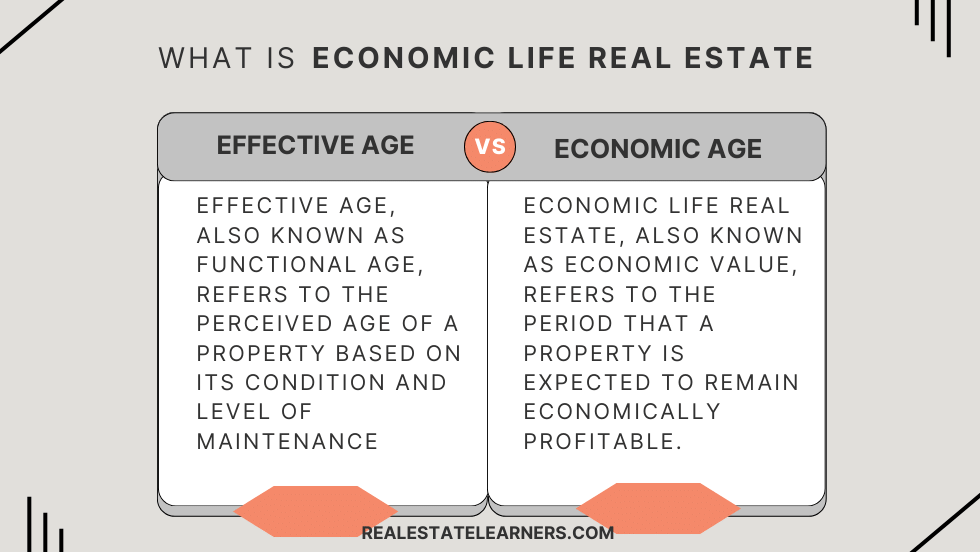The Civil Rights Act of 1866 was a landmark legislation passed by the United States Congress on April 9, 1866. This act was introduced in response to the growing discrimination and violence against African Americans, particularly in the southern states. It aimed to grant equal rights and opportunities to freed slaves following the end of […]
Category: Real Esate Law
Real Esate LawWhat is the Principle of Progression in Real Estate?
In real estate, two important concepts that drive the market are progression and regression. Both of these principles play a crucial role in determining the value of a property. This post will help you understand what progression and regression are, how they affect the real estate market, and why it is important to consider them […]
What Is A Leasehold Estate | Types & Examples
A leasehold estate is a type of ownership often used in rental and commercial properties. It refers to the right to use or occupy a property through a lease agreement between the lessor (property owner) and lessee (tenant). This article will explain the elements, characteristics, advantages, and disadvantages of this type of real estate ownership. […]
What is Lease Vilation? How to Respond Notice
When renting or leasing a property, the tenant and landlord enter into a legally binding agreement known as a lease. This document outlines the terms and conditions of the rental arrangement, including but not limited to rent amount, duration of lease, and any rules or regulations that must be followed. Unfortunately, sometimes, the tenant does […]
What is Alienation in Real Estate? Types, How it Works
Alienation is a term that is commonly used in the real estate industry. Many people need clarification about the meaning of alienation, especially when it comes to the context of real estate. This post will discuss what alienation is in real estate and how it affects property ownership. What is Alienation in Real Estate? Alienation […]
Accretion in Real Estate: Basics & Impact
Real estate is a constantly growing and evolving industry. Real estate accretion is one of the key concepts that play a vital role in this industry. It refers to the gradual growth of land through natural processes such as water or wind. This process can take years, decades, or even centuries to form new land […]
What is Conformity in Real Estate | Definition & Example
In the world of real estate, conformity plays a crucial role in shaping the industry. It refers to adhering to certain standards and norms that govern the behavior and practices within the real estate market. This ensures consistency and reliability in transactions and protects the interests of all parties involved. Conformity is important for maintaining […]
What is Economic Life Real Estate | Effective Age vs Economic Life
When it comes to understanding the value of a property, two important terms often used are economic life and effective age. These concepts are essential in determining the worth of a real estate investment and can greatly affect its profitability. In this post, we will explore what economic life and effective age mean, how they […]
What is the Sherman Antitrust Act | History, Purpose, Facts
The Sherman Antitrust Act, passed in 1890 by the United States Congress, is considered one of American history’s most important pieces of legislation. The act was designed to promote fair competition and prevent monopolies or other anti-competitive behavior from dominating the marketplace. In this post, we’ll examine the background of the Sherman Antitrust Act real […]
What is Avulsion in Real Estate?
In real Estate many individuals do not know what Avulsion is and how it can affect their property. Avulsion is an important term in real estate law that refers to the sudden and unexpected loss or addition of land, typically caused by natural events. In this post we will dive deeper into what Avulsion is, […]










